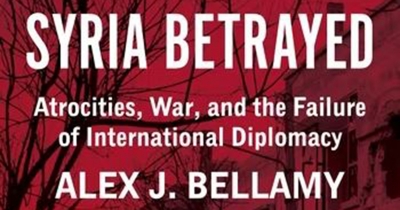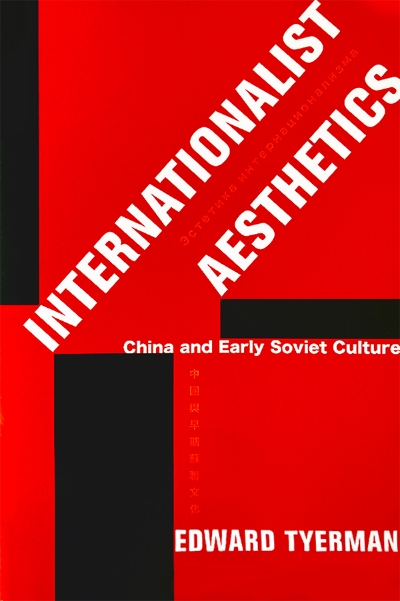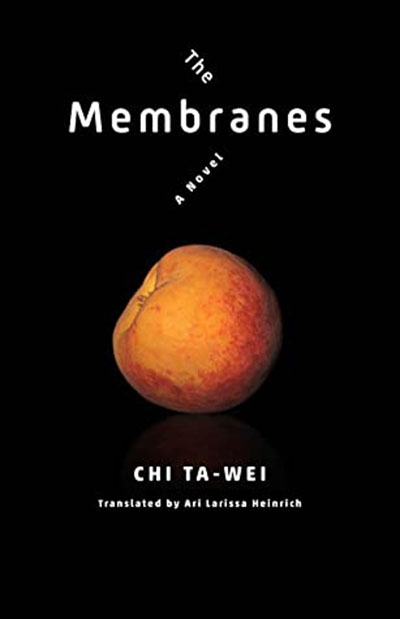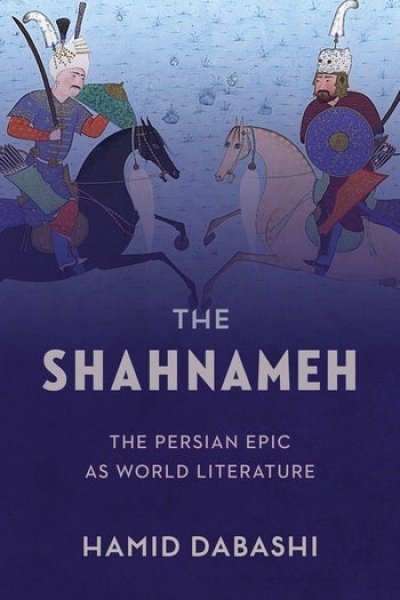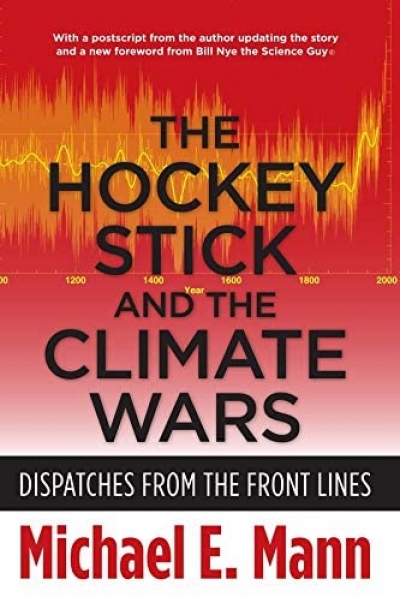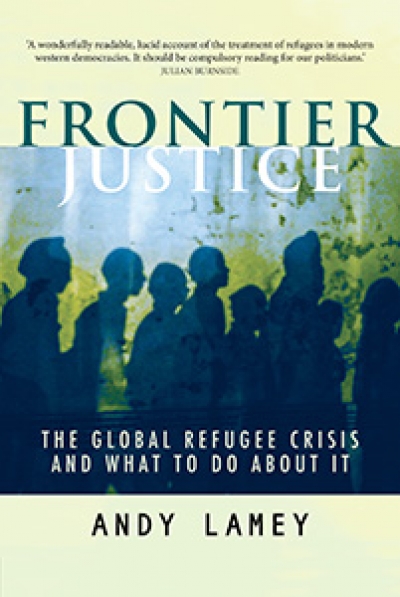Columbia University Press
Syria Betrayed: Atrocities, war, and the failure of international diplomacy by Alex J. Bellamy
by Tom Bamforth •
Internationalist Aesthetics: China and early Soviet culture by Edward Tyerman
by Iva Glisic •
The Membranes: A novel by Chi Ta-wei, translated by Ari Larissa Heinrich
by Josh Stenberg •
The Shahnameh: The Persian epic as world literature by Hamid Dabashi
by Darius Sepehri •
The Hockey Stick and the Climate Wars: Dispatches from the front lines by Michael E. Mann
by David Karoly •
Frontier Justice by Andy Lamey & Contesting Citizenship by Anne McNevin
by Peter Mares •

